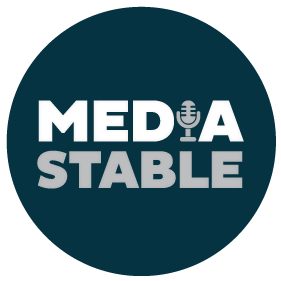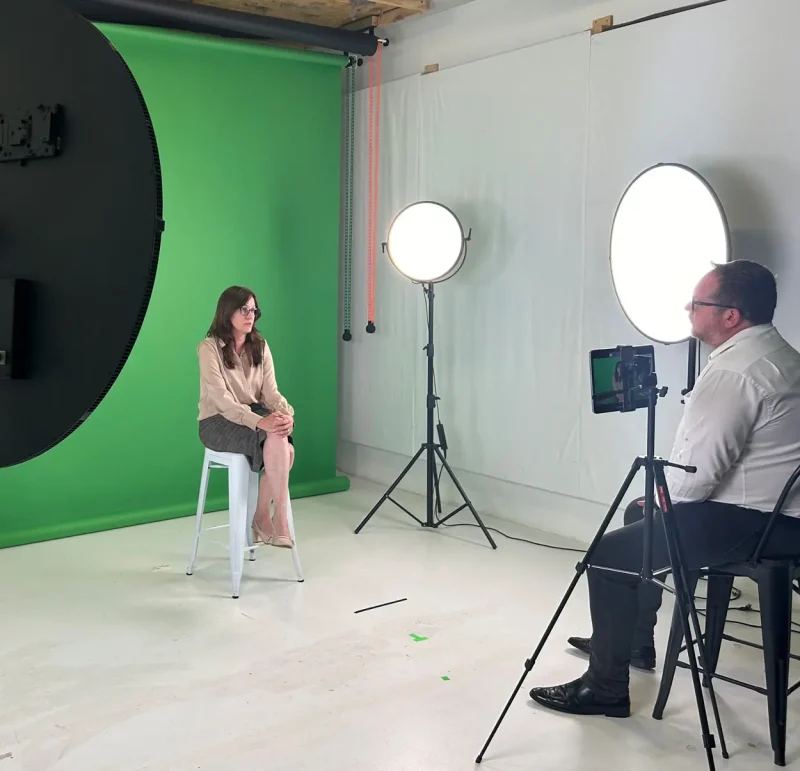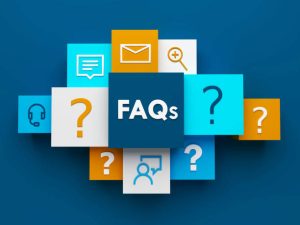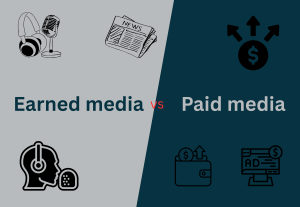So, you think you don’t need media training?
Imagine this:
You turn on the telly and there’s major breaking news. Suddenly your phone rings. It’s a news producer looking for an expert to provide analysis on the unfolding situation.
That expert is you. They tell you they want to interview you live on air within the hour.
Could you do it?
The news cycle is fast. Airtime needs to be filled.
It’s vital to be prepared when a media opportunity pops up because if you pass on it, that producer will be on the phone to another expert. Probably your competitor.
Unpaid, earned media appearances builds legitimacy, authenticity and credibility. Things you can’t buy no matter how high your advertising spend.
So, it pays to be prepared when an opportunity comes calling.
What is media training?
Media training is not just for public officials.
Corporate executives, nonprofit leaders, brand spokespeople, and subject matter experts can all be called on for their professional insights.
This external facing communication is like a billboard – you want it to accurately represent your organisation and business.
Will you come across as trustworthy, believable and likeable?
Or will your nerves betray you and you’ll appear flustered, startled or worse, defensive?
Media appearances are an opportunity to establish yourself as a leader in your field. It’s not just about delivering a clear message, it’s about being engaging, believable and remembered.
Why is media training important?
Media interviews rely on clear key messages
Media training helps to build confidence, so your important message is delivered with clarity.
That confidence comes from understanding how the media works and what to expect during any media engagement.
- Is it live or pre-recorded?
- Is it conversational or short grabs to balance a bigger story?
- Do you need to provide further assets like case studies and vision opportunities?
These are all questions media training helps you answer and teaches experts how to recognise what elements the media are after at each engagement.
This knowledge will allow any expert to deliver the right message to the right audience.
Mock interviews build real interview skills
Media training gives people a chance to rehearse their response to tricky questions and really nail the organisation’s key messages when under pressure.
It allows people to become familiar with broadcast environments, so they’re not overwhelmed by the lights, cameras and microphones.
Media training is also a chance to refine an organisation’s strategy in a crisis.
It gives talent the confidence to take a breath, gather all the information calmly and prepare to inform the public without escalating the situation all the while remembering ideal tone, body language, presentation and key messages.
Next time the phone rings, you’ll be ready
Media appearances can pop up at any time.
Any professional building their brand and reputation as a trusted industry leader needs to have the confidence and ability to engage positively with the media in a way that educates listeners and moves the narrative forward.
Positive media coverage builds trust through authenticity and accountability. It builds relationships with journalists and producers who will come back to you the next time they’re covering your field.
Imagine that producer has called again, but this time you’ve been media trained.
You already know what they want from you, what your key message is, where to stand, even what to wear.
This time, there is no question whether you’ll do it, because this time you’re prepared.
Make that scenario real. Book your media training now.








